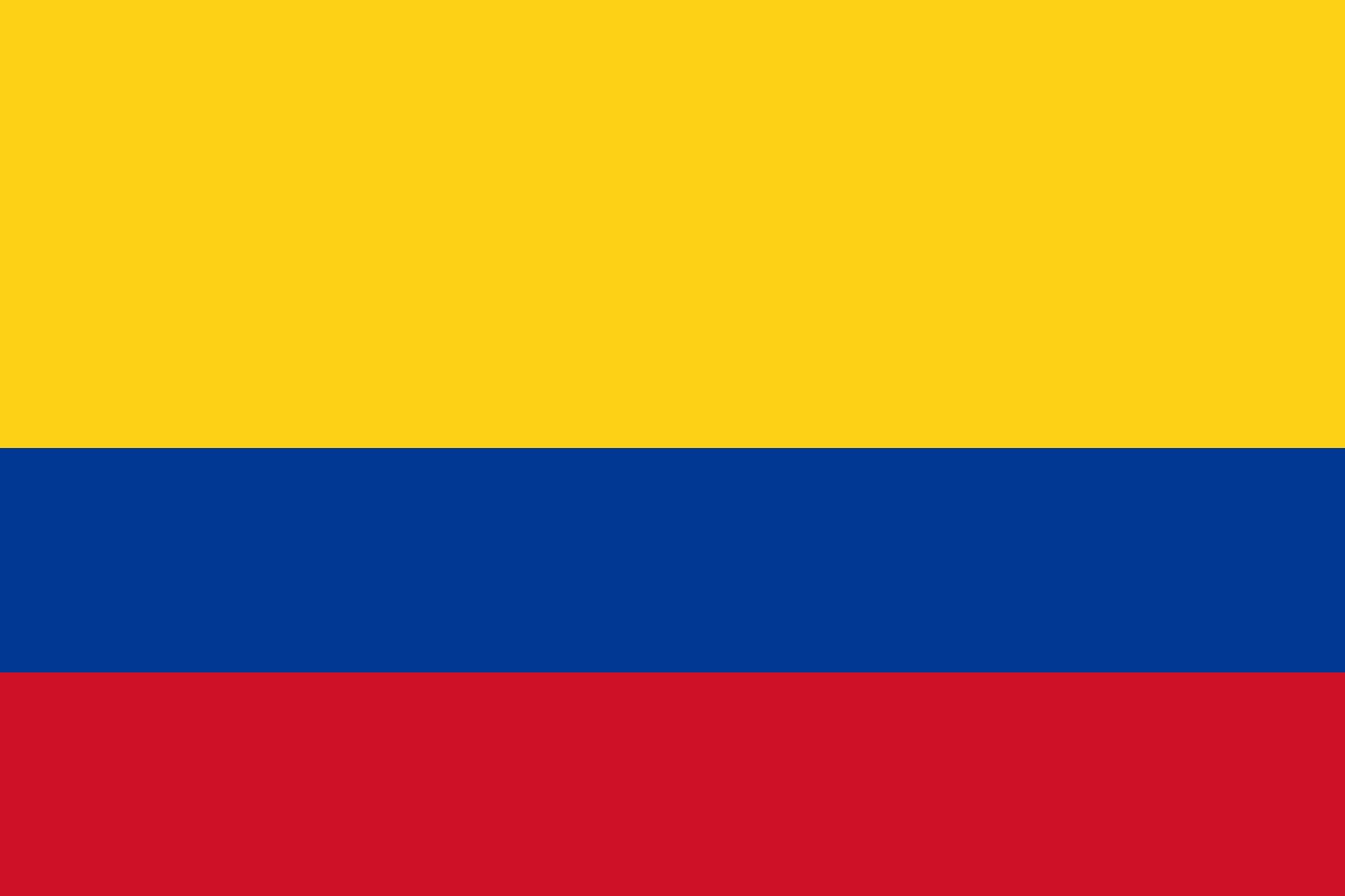Colombia's Turbulent Trail from Violence to Democracy
Cross-Border LinksPosted by AI on 2025-08-25 09:41:57 | Last Updated by AI on 2025-08-26 18:05:55
Share: Facebook | Twitter | Whatsapp | Linkedin Visits: 0

Colombia has experienced prolonged turbulence and upheaval amidst its journey from violence to democracy. The country's violent history spanning decades has stemmed from uneven development, unequal economic gains, and rampant perceptions of unequal distribution of wealth.
The emergence of powerful drug cartels since the 1970s has only exacerbated these issues. The transition from the National Front era to moderate political competition between Liberal and Conservative parties in the 1970s represented a step towards democracy. However, the country's democracy was tested during the 1980s when extreme violence marred Belisario Betancur Cuartas' presidency, threatening to upend it.
Efforts to negotiate peace with guerrilla groups and enact constitutional reforms during the 1990s presidency of Cesar Gaviria Trujillo failed to curb violence. Despite these challenges, Colombia's commitment to democracy has remained steadfast, as evidenced by the nation's peaceful elections and constitutional reforms strengthening the electoral process.
The country faces numerous challenges, including rampant violence, a troubled economy, and the ongoing drug trade. Nonetheless, Colombia remains a pivotal nation in Latin America, and its continued struggle to overcome these challenges forms an essential chapter in the narrative of democracy in the region.
Search
Categories
- Sports
- Business
- History
- Politics
- International
- Science & Technology
- Social Issues
- Disaster Management
- Current Affairs
- Education
- Startup Business
- Startup News
- Awards
- Community Services
- Fundraising Events
- Volunteer Services
- Health Initiatives
- Innovations and Initiatives
- In News
- Banners
- Awards
- Partners
- Products
- Press Releases
- News
- Fast Check
- South
- సినిమా
- Gallery
- Sunday Chronicle
- Hyderabad Chronicle
- లైఫ్ స్టైల్
- National
- క్రైం
- ట్రెండింగ్
- జాబ్స్
- అంతర్జాతీయo
- బిజినెస్
- రాజకీయం
- బిజినెస్
- సంపాదకీయం
- నవ్య
- చిత్ర జ్యోతి
- క్రీడలు
- జాతీయం
- తెలంగాణ
- తాజా వార్తలు
- మన పార్టీ
- మన నాయకత్వం
- మన విజయాలు
- డౌన్లోడ్స్
- మీడియా వనరులు
- కార్యకర్తలు
- North East Skill Center News
- Government Schemes
- Entrepreneurship Support
- Employment Opportunities
- Skill Training Programs
- Departments
- Investments
- Initiatives
- Resources
- Telangana IT Parks
- Events & Jobs
- Press Releases
- News
- Airport News
- Newtons Laws of Motion
- Karbonn in Business
- Investments in Karbonn
- Company quarterly sales
- Markets
- Auto News
- Industry
- Money
- Advertisements
- Stock target
- Company Updates
- Stock Market
- Company Sales
- Staffing and HR
- Constituency Assembly
- General News
- Srikalahasti Temple
- Bojjala Sudhir Reddy
- Technology & Innovation
- Sports
- Business
- Products
- Industries
- Services & Trainings
- Tools & Resources
- Technology Integration
- Drug Seizures & Arrests
- Telangana Narcotics
- Law & Enforcement
- Rehabilitation
- Nationwide Drug Policing
- Nigeria Seizures
- Global Operations
- Drug Awareness
- Drug Enforcement Tech
- NCB Drug Seizures
- Judicial Crackdown
- India's Surveillance Tools
- Cross-Border Links
- Women Safety
- Cyber Crimes
- Drug Abuse
- Traffic & Road Safety
- Community Connect
- Public Safety Alerts
- Citizen Assistance
- Nellore City News
- Politics & Administration
- Events & Festivals
- Agriculture & Rural
- Business & Economy
- Health & Wellness
Recent News
- Indian Navy's Twin Stealth Frigates Mark Progress and Self-Reliance
- Army Officer Banned From Flying For 5 Years Due To Assaulting Airline Staff
- Man Kills Self After Wife Refuses To Cook Egg Curry For Karu Bhat Observation
- India, US Firm GE Near $1 Billion Engine Deal For Indigenous Fighter Jets
- 'Walking Together In Harmony Is The Essence Of The Hindu Way': RSS Chief At RSS Centenary
- Devastating Impact: Vehicles Stuck as J&K's Tawi Bridge Caves In amid Heavy Rain
- Tragedy Strikes Vaishno Devi, 15 Pilgrims Killed In Landslide
- Ganesh Chaturthi 2025: Festivities Begin In Less Than A Month, Mumbaikars Gear Up For Traffic Jams